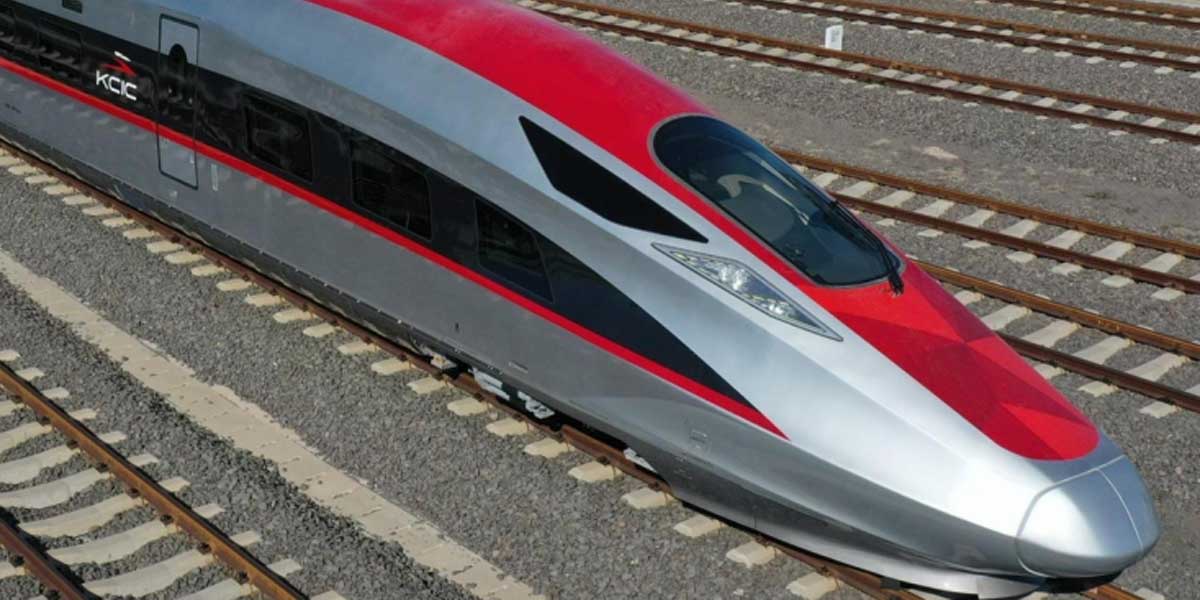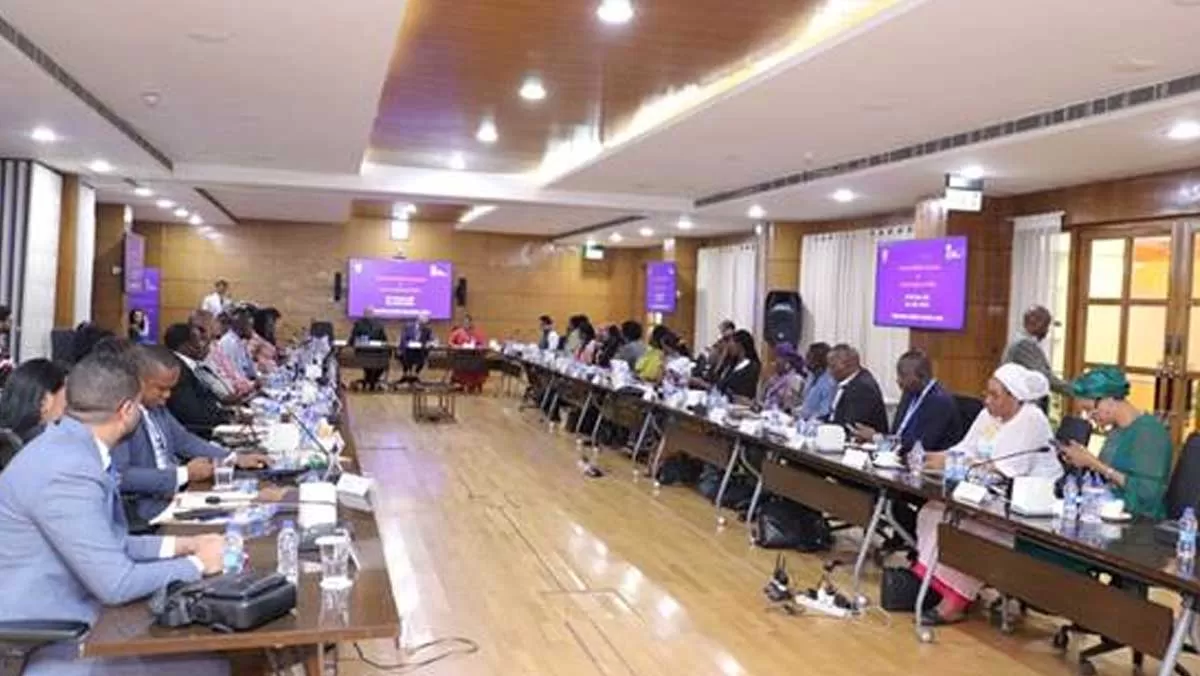
Hitachi's €1.7B Thales GTS purchase approved with conditions

Ashwin Sheth Group Launches ‘The Pink Perk’ to Empower Women Homebuyers
Ashwin Sheth Group has introduced ‘The Pink Perk’, a special initiative for Women’s Month, offering a 3 per cent saving for women homebuyers (T&C apply) across all its Mumbai projects. The offer is valid until 31 March 2025.The campaign challenges the Pink Tax, where women often pay more for similar products and services. With The Pink Perk, Ashwin Sheth Group flips the script, providing an exclusive financial advantage to women taking charge of their homeownership journey.Bhavik Bhandari, Chief Sales and Marketing Officer, Ashwin Sheth Group, stated: “The Pink Perk is our way of c..

Shipping Ministry Aims to Complete 150 Projects by September 2025
The Ministry of Ports, Shipping and Waterways (MoPSW) organised a two-day ‘Chintan Shivir, 2025’ in Srinagar with a vision to evaluate, reset, discover and apply solutions to unlock potential of the Blue Economy of India. Union Minister of Ports, Shipping and Waterways, Sarbananda Sonowal reviewed undergoing projects of the Ministry — worth Rs 2 Trillion — and drew up a goal, after consultative deliberation with the experts, of completing at least 150 projects by September, 2025. The event focused on strengthening India’s shipbuilding and repair capabilities, improving financial and..

NHRC Concludes 2nd ITEC Program on Human Rights for Global South NHRIs
The 2nd six-day ITEC Executive Capacity Building Programme on Human Rights for senior functionaries of the National Human Rights Institutions (NHRIs) of Global South organised by the National Human Rights Commission (NHRC), India in partnership with the Ministry of External Affairs, successfully concluded. The valedictory session was addressed by the NHRC, India Chairperson, Justice V Ramasubramanian in the presence of Members Justice (Dr) Bidyut Ranjan Sarangi, Vijaya Bharathi Sayani & Secretary General, Bharat Lal. The programme, which began on Monday 3rd March, 2025, witnessed participatio..














